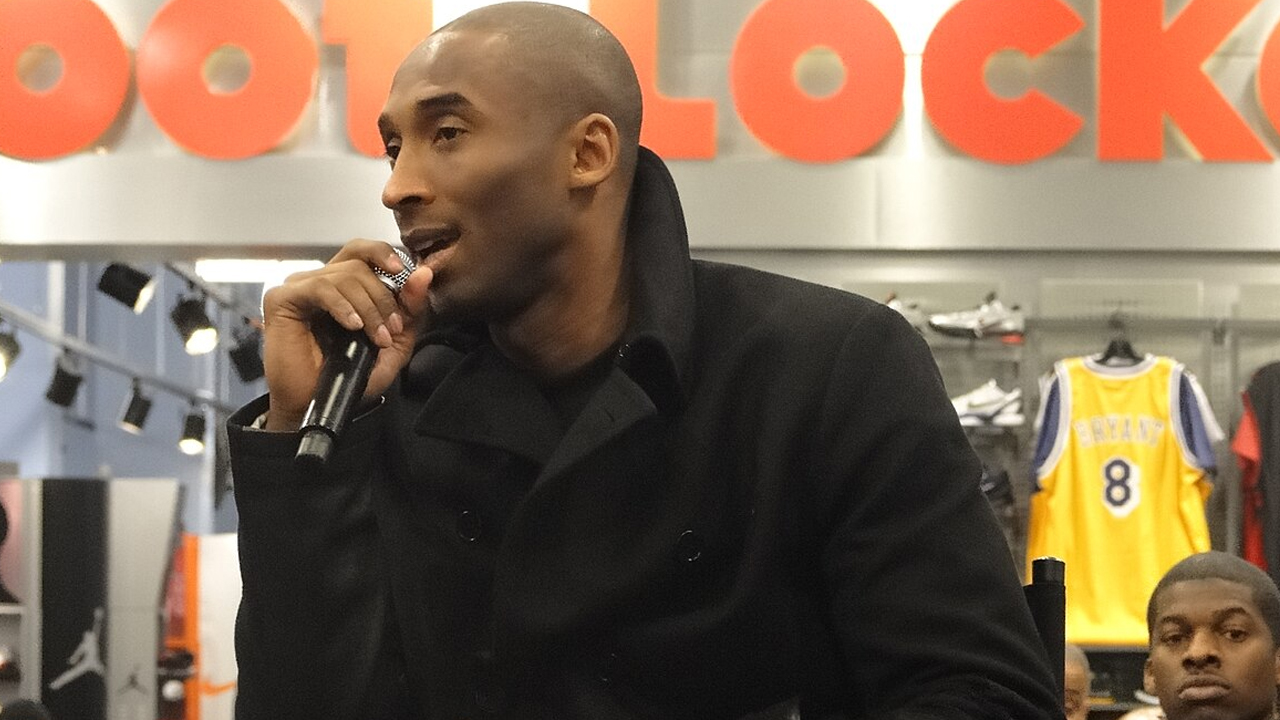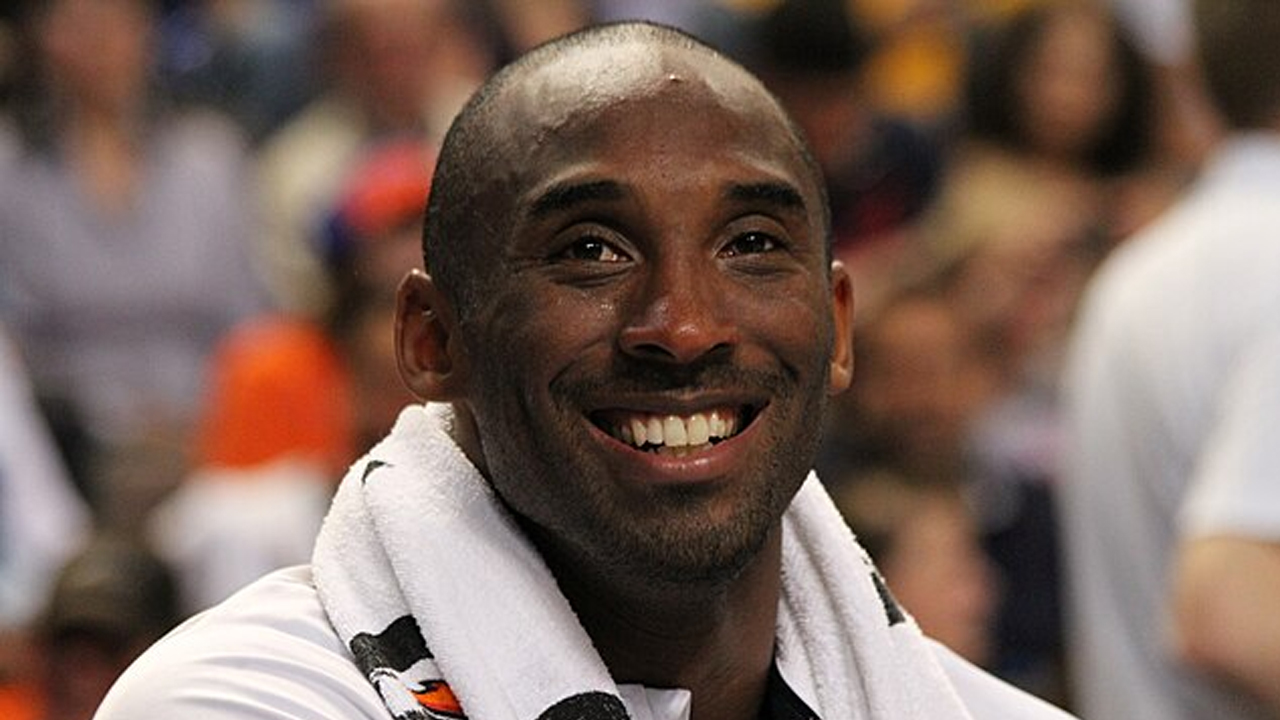Kobe Bryant didn’t just build a legendary NBA career—he built a financial empire. By the time of his passing, his net worth had reached an estimated $600 million. But what most people don’t realize is that the foundation for that wealth was laid long before he ever signed an NBA contract. At just 13 years old, Kobe made a decision that would shape the rest of his life—and it didn’t cost a dollar. It was a mental investment, not a financial one. And it turned out to be the most valuable decision he ever made.
This breakdown explores the four key strategies that transformed Kobe’s early mindset into a powerful fortune. Each step reveals how his discipline, vision, and long-term thinking helped him go far beyond basketball—and why his approach offers practical lessons for anyone serious about building lasting wealth.
Investing in Personal Development

At 13, Kobe made a choice that would define his entire future. He committed himself fully to becoming the best basketball player he could possibly be. No shortcuts. No excuses. Just work. That obsession with mastery wasn’t just about loving the game—it was an investment in himself. And it cost nothing but time, discipline, and focus.
That early mindset turned into a 20-year NBA career with the Los Angeles Lakers, where he earned over $323 million in salary. More importantly, his work ethic became his brand. Major companies took notice. Deals with Nike, McDonald’s, Sprite, and others followed—adding hundreds of millions to his total earnings. According to Forbes, his off-court income ultimately exceeded his NBA salary.
Diversifying Income Streams

Kobe never depended solely on his playing career. Even at the height of his fame, he was thinking bigger. In 2013, he co-founded the venture capital firm Bryant Stibel with entrepreneur Jeff Stibel. Their goal? Invest in growth-stage companies across tech, media, and data. This move positioned Kobe in boardrooms, not just locker rooms.
One of his smartest plays came in 2014, when he invested $6 million into BodyArmor, a then-little-known sports drink company. Fast forward to 2018, and Coca-Cola acquired a major stake. When the dust settled, Kobe’s original investment had ballooned to roughly $200 million. As Fox Sports reported, his ability to identify long-term upside turned one deal into generational wealth.
Building a Personal Brand

Kobe knew that legacy wasn’t just built on stats. It was built on story. That’s why he created the “Black Mamba” identity—a mental switch he flipped to become ultra-focused and relentless. That brand followed him everywhere: on shoes, in commercials, and even into the business world.
He didn’t stop at branding either. In 2016, he launched Granity Studios, a media company focused on storytelling through sports. Through Granity, he produced the Oscar-winning animated short “Dear Basketball.” It wasn’t just about creative expression—it was part of a broader strategy to keep building value around his name. And it worked. As Fortune noted, he was already carving out a post-NBA empire while many others were still figuring out retirement.
Emphasizing Financial Literacy

RDNE Stock project /Pexels.
Kobe didn’t just rely on advisors—he studied. He asked questions. He wanted to understand where his money was going and why. That personal interest in finance gave him confidence to take calculated risks and avoid the common traps that snare even the wealthiest athletes.
He regularly spoke with entrepreneurs, investors, and executives, and was known to cold call business leaders to learn from them. According to CNBC, his approach to business was just as competitive and curious as his approach to basketball. That mindset is what turned high earnings into long-term, scalable wealth.

Alexander Clark is a financial writer with a knack for breaking down complex market trends and economic shifts. As a contributor to The Daily Overview, he offers readers clear, insightful analysis on everything from market movements to personal finance strategies. With a keen eye for detail and a passion for keeping up with the fast-paced world of finance, Alexander strives to make financial news accessible and engaging for everyone.


